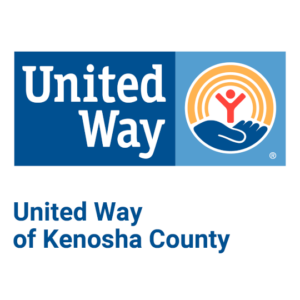Warning signs of abuse:
- Neglecting responsibilities at school, work, or home (e.g. flunking classes, skipping work, neglecting your children) because of drug use.
- Using drugs under dangerous conditions or taking risks while high, such as driving while on drugs, using dirty needles, or having unprotected sex.
- Drug use is getting the person into legal trouble, such as arrests for disorderly conduct, driving under the influence, or stealing to support a drug habit.
- Drug use is causing problems in relationships, such as fights with family members or partner, an unhappy boss, or the loss of old friends.
Warning signs of addiction:
- Drug tolerance has increased. The person needs to use more of the drug to experience the same effects previously attained with smaller amounts.
- Taking drugs to avoid or relieve withdrawal symptoms. Going too long without drugs causes nausea, restlessness, insomnia, depression, sweating, shaking, and anxiety.
- No control over drug use. Drugs are used more often or more than planned, even after promising no use or less use. Person may want to stop using, but feels powerless.
- Life revolves around drug use. Person spends a lot of time using and thinking about drugs, figuring out how to get them, and recovering from the effects.
- Person has abandoned activities previously enjoyed, such as hobbies, sports, and socializing, because of drug use.
- Continues to use drugs, despite knowing the harm it’s causing. It’s causing major problems — blackouts, infections, mood swings, depression, paranoia — but person uses anyway.
Physical warning signs of drug abuse:
- Bloodshot eyes, pupils larger or smaller than usual
- Changes in appetite or sleep patterns
- Sudden weight loss or weight gain
- Deterioration of physical appearance, personal grooming habits
- Unusual smells on breath, body, or clothing
- Tremors, slurred speech, or impaired coordination
Behavioral warning signs of drug abuse:
- Drop in attendance and performance at work or school
- Unexplained need for money or financial problems; may borrow or steal to get it
- Engaging in secretive or suspicious behaviors
- Sudden change in friends, favorite hangouts, and hobbies
- Frequently getting into trouble (fights, accidents, illegal activities)
Psychological warning signs of drug abuse:
- Unexplained change in personality or attitude
- Sudden mood swings, irritability, or angry outbursts
- Periods of unusual hyperactivity, agitation, or giddiness
- Lack of motivation; appears lethargic or “spaced out”
- Appears fearful, anxious, or paranoid, with no reason
Warning signs of teen drug abuse:
While experimenting with drugs doesn’t automatically lead to drug abuse, early use is a risk factor for developing more serious drug abuse and addiction. Risk of drug abuse also increases greatly during times of transition, such as changing schools, moving, or divorce. The challenge for parents is to distinguish between the normal, often volatile, ups and downs of the teen years and the red flags of substance abuse. These include:
- Having bloodshot eyes or dilated pupils; using eye drops to try to mask these signs
- Skipping class; declining grades; suddenly getting into trouble at school
- Missing money, valuables, or prescriptions
- Acting uncharacteristically isolated, withdrawn, angry, or depressed
- Dropping one group of friends for another; being secretive about the new peer group
- Loss of interest in old hobbies; lying about new interests and activities
- Demanding more privacy; locking doors; avoiding eye contact; sneaking around

